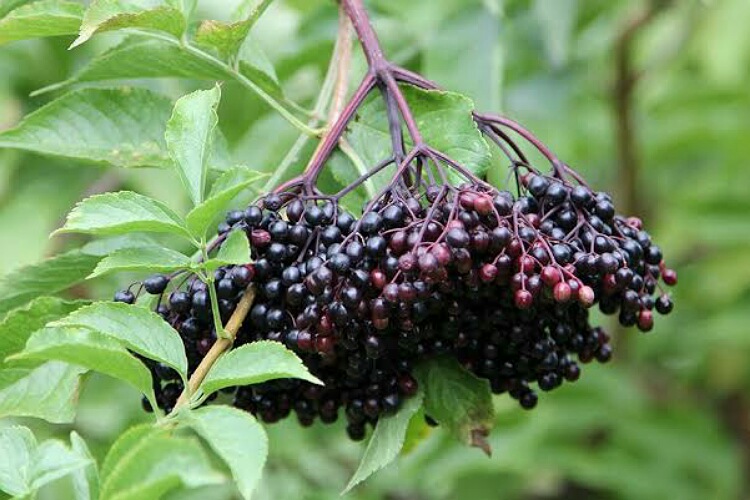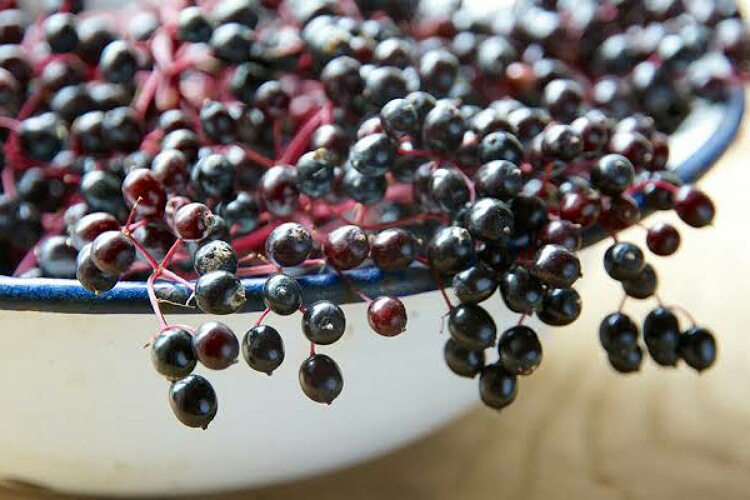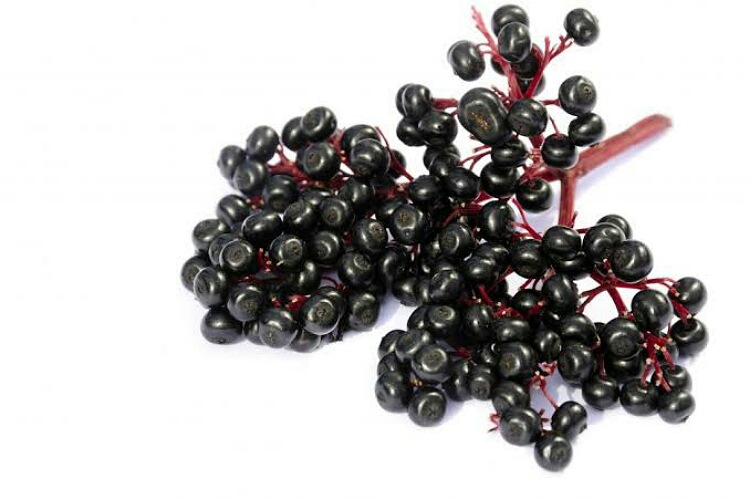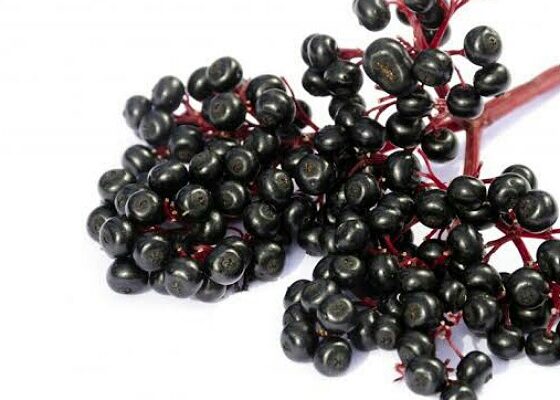Black elderberry is a highly nutritious berry found in Europe. It has a lot of nutrients in it and offers health benefits to its consumer. Catch up with the positive effects of these berries on the person who consumes it.
Black elderberry
Black elderberry is a dark purple berry from the European black elder tree. It has medicinal uses and ancient cultures employed it for conditions like fever, rheumatism, heart burns and the like. The color of this fruit is from the pigment anthocyanins present in them. These positively influence health and also boost immunity.

These tiny berries are sweet and sour to taste like cranberries. But these berries are not the same like the American Elderflower, Dwarf Elder, or Elder. The latter are not beneficial as much for health and body. The European elderberry is sold for treatment of common cold, flu, and other conditions of the body. But research in this direction is lacking.
Nutritional facts
One cup of these elderberries provide 106 calories with 27 grams of carbs. Moreover, it has one gram of fat and one gram of protein. There is no saturated fats, cholesterol or trans fat in it.
Additionally, there are 10 grams of dietary fiber in it and 2.3 mg of iron. Vitamin C amount is 52 mgs in one cup of these berries. It also has 406 mg of potassium. This is beneficial to dilate the blood vessels and lower the blood pressure. Hence it finds use in hypertensive individuals.

These berries contain a lot of antioxidants, polyphenols, and anthocyanins. All of these are extremely healthy. They mop up the damaging free radicals of the body. These radicals in the body are more in urban places, with pollution and stressful lifestyle. They can harm the blood vessels, heart and can be a cause of cancer. But the antioxidants can dilute their harmful actions and thus protect the heart and other body organs.
Health benefits and safety
Elderberry juice is a home remedy for common colds and flu since ancient times. There are some studies on this but the results are varied. Some claim that it lessens the duration and severity of the illness. A recent meta-analysis pointed to this but more research is essential before one can be sure of the usefulness of this juice in cold relief. And there are no studies on its preventive role in common cold.
The berry can probably relieve pain and inflammation. Moreover, there are claims that it can reduce elevated blood cholesterol. But scientific data to support these claims are missing. It is immune boosting effects and promotes heart, blood vessel and brain health. It improves focus and cognitive and memory functions.

This fruit is safe in moderation. But pregnant ladies, breastfeeding mothers and kids below 5 years should not take it. Patients suffering from autoimmune disease should also avoid them.
Ripe berry has traces of the chemical, cyanogenic glycoside that is poisonous. Hence, cook the berries before consumption. The raw berries have more of this toxin in it. Also, other parts of the plants such as roots, stem, bark and leaves have high levels of this toxin and hence one should not consume them.
Read here: Bilberries and bilberry extract: nutritive value and potential health benefits!
Excessive intake of these berries can cause nausea, vomiting, stomach aches and cramps, weakness and dizziness.
